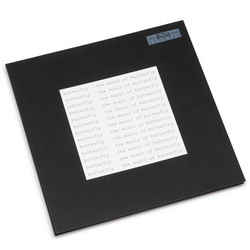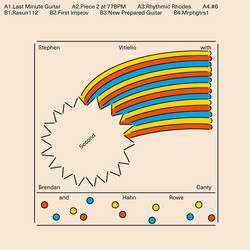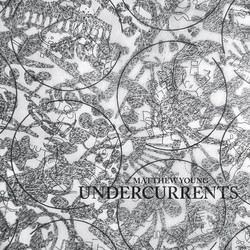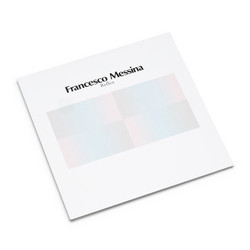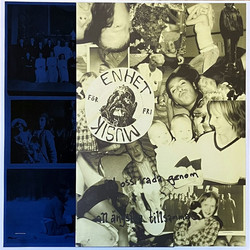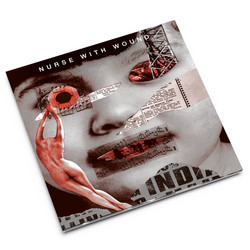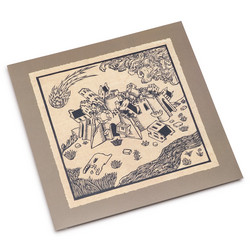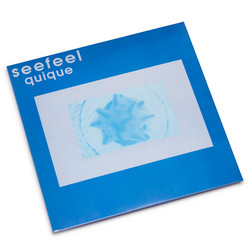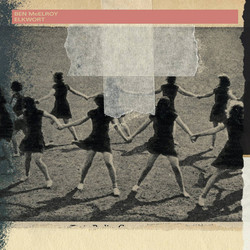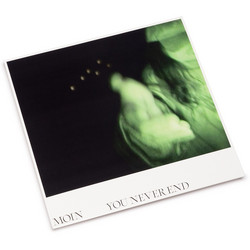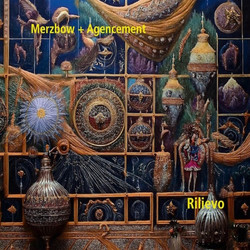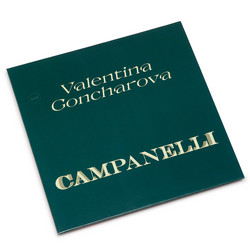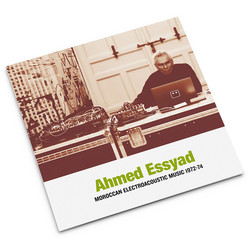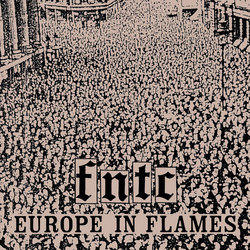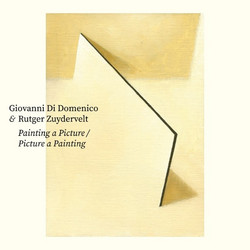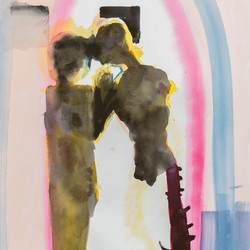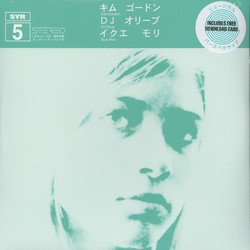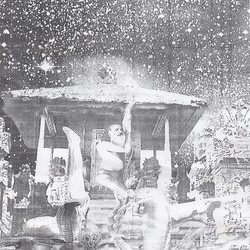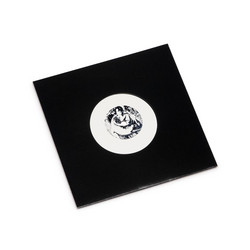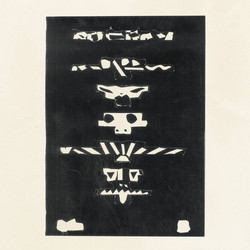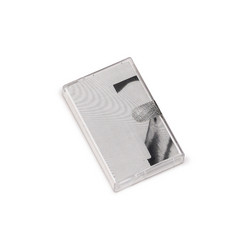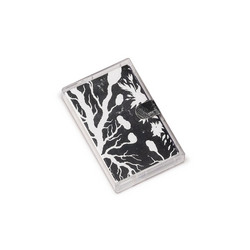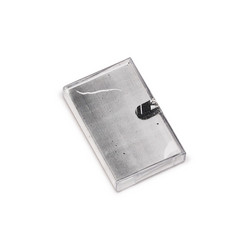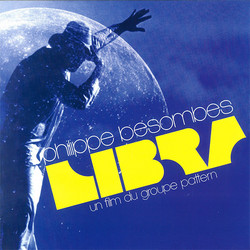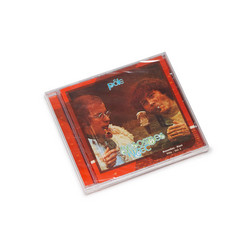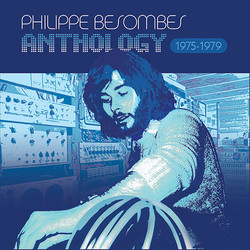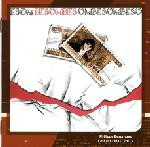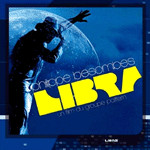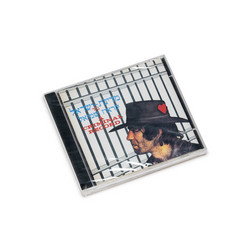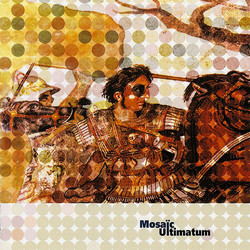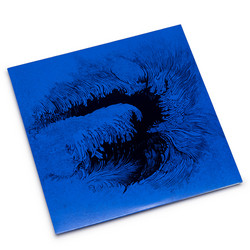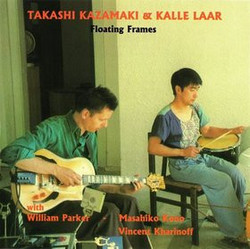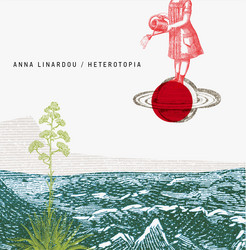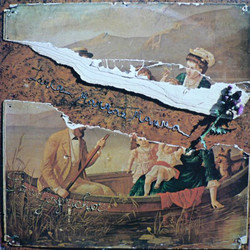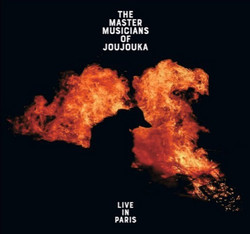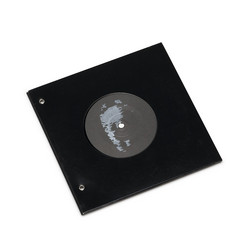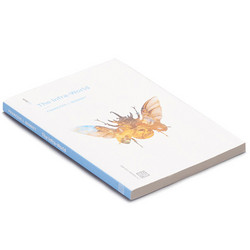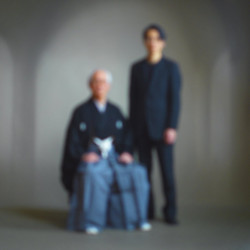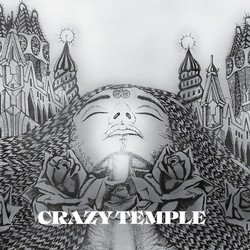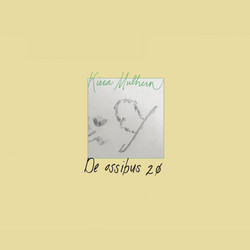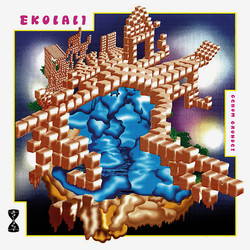2024 stock. Third volume in MIO's Besombes reissue program (and first time on CD), features recordings made in France between 1972 and 1979. "This 1976 release includes early ballet music that was originally recorded between 1974-1975 for several contemporary ballet groups in Paris. The recording was assisted by Jean Louis Rizet, with whom Besombes was then working in his recording studio. Bonus tracks include two early pieces from 1972 (recorded during his time engineering for Stockhausen, Nono and others at the Festival d’Art Contemporain de La Rochelle) and thirty additional minutes of unreleased ballet music from 1975, which is among his best work for theater; along the same lines as “Pôle”, which means it is reminiscent of Faust at times, but also close in spirit to the Cosmic Jokers, Lard Free, and Heldon.”
"Released on the small French imprint Divox in 1979 and reissued 25 years later by MIO Records (with 40 minutes of bonus material), Cesi Est Cela closed a chapter in Philippe Besombes' musical production. Following the success of his group Hydravion and of his first library music LP "La Guerre des Animaux", the keyboardist was ready to turn the page. To do so, he put together this collection of ballet music produced between 1972 and 1979. On Divox's request, he excluded some of his most experimental pieces (released for the first time on the MIO reissue) and added a new song, 'Princesse Lolita,' which was used as the lead-in track and hit single of the album. The piece, a disco ditty featuring a French dialogue between a Lolita princess and a dragon, simply has no relation to the remainder of the album — and that is why on the MIO reissue, it is "hidden" before track one. To listen to it, one must hit the play button and then "rewind" to the beginning of the disc. 'Pawa 1' and 'Cesi est Cela,' respectively 12 and 15 minutes long, both showcase Besombes' strong compositional and playing skills. They feature female spoken word used as an instrument embedded within the dark synthesizer tracks. Like the shorter ‘Géant' and ‘Seul,' they have more in common with Synergy, Klaus Schulze or Mother Mallard than with Besombes' previous two LPs, “Libra" and “Pôle." The psychedelic zaniness is entirely evacuated from these recordings, leaving only dead-serious electronic music of the exploratory kind. The first four bonus tracks added on the MIO reissue see Besombes delve deeper into sound art, hitting a peak with the claustrophobic ‘Trio,' full of clock mechanisms and synthesized rumbles. The last two tracks, 'PJF 159' and 'PFJ 137,' both dated 1972, are collaborations with Jean-François Dessoliers and are more closely related to the material found on “Libra." Listeners expecting here the same kind of freak-out strangeness found on the previous volumes in MIO's series of Besombes reissues may be disappointed, but if left-field electronic music from the '70s is your cup of tea, this is definitely worth sinking your teeth into.” — François Couture
